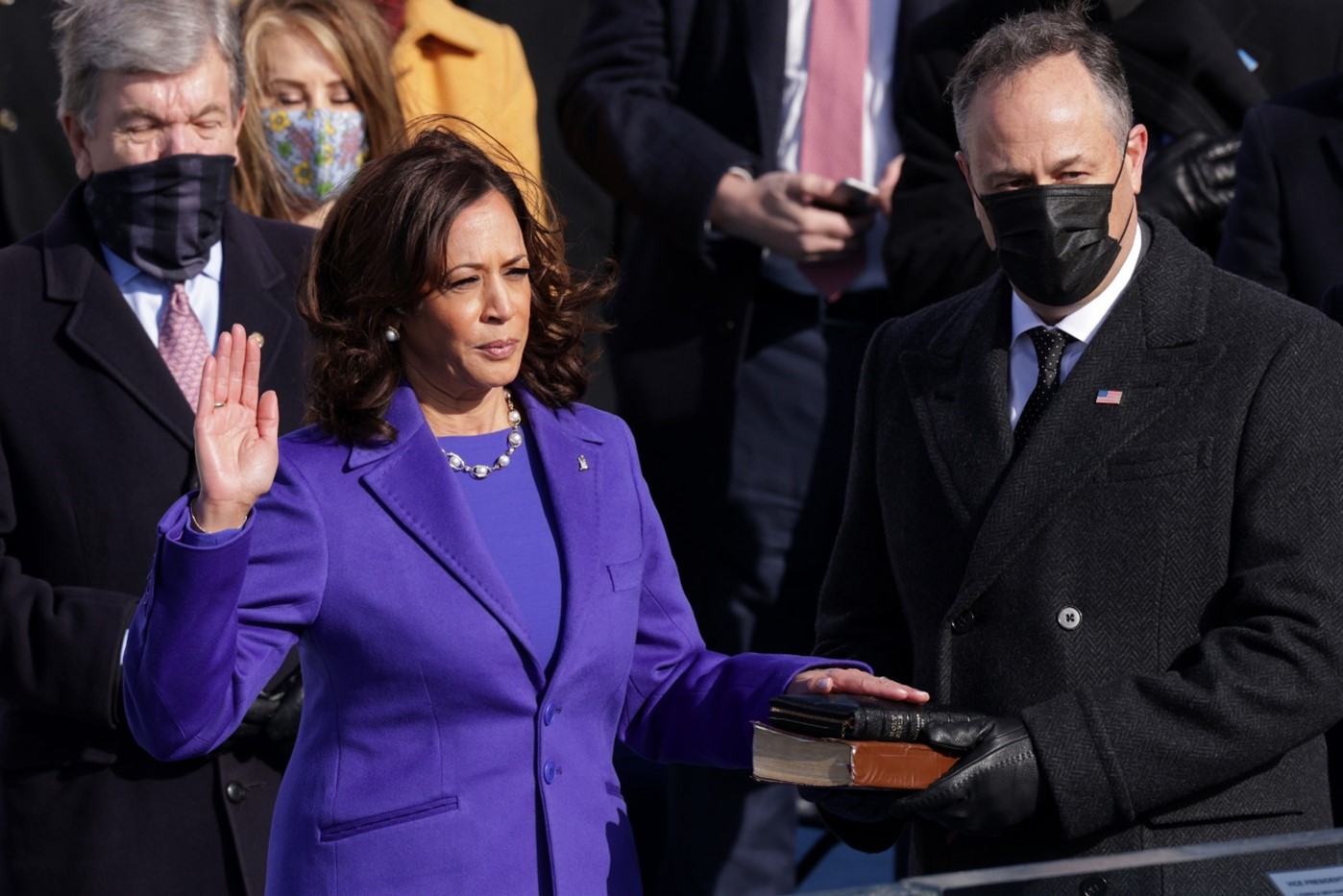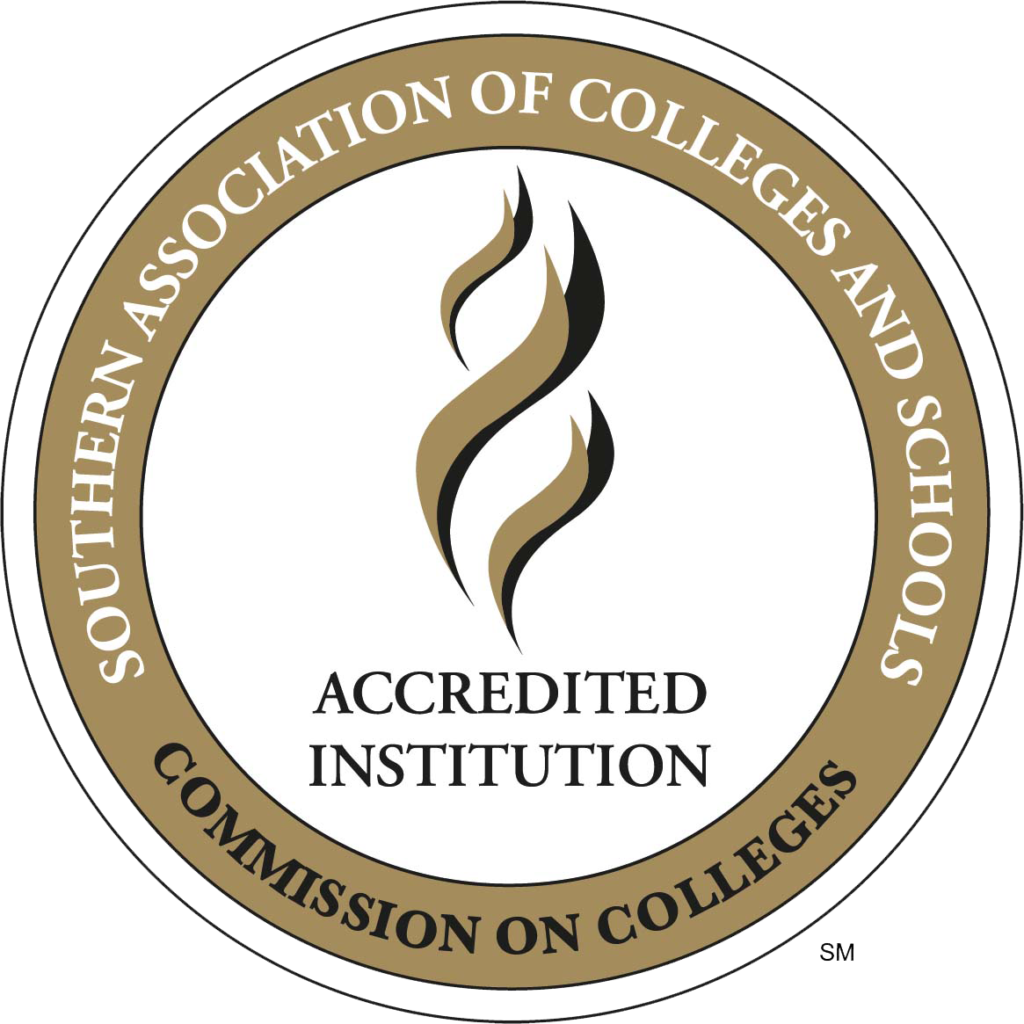Feature photo: Vice President Kamala Harris is the first graduate of a historically Black college or university to hold her elected office. Harris attended Howard University
Leaders of historically Black colleges and universities say they hope high-profile graduates in the Biden administration, including Vice President Kamala Harris, will push for increased federal support for their institutions.
Harris attended Howard University in Washington, D.C., and is the first HBCU graduate to occupy the vice president’s office. Another high-profile HBCU graduate, Michael Regan — the new Environmental Protection Agency administrator — attended North Carolina A&T State University in Greensboro.
“I think we are cautiously optimistic that the presence of HBCU graduates in this administration and Cabinet really sends a strong signal that these institutions will be prioritized,” Roslyn Clark Artis, president of Benedict College in Columbia, S.C., said in an interview.
As a candidate for president, Joe Biden pledged more than $70 billion to the 101 schools that were established before 1964 for Black students and other minority-serving institutions. In his first 50 days in office he focused on getting Congress to pass a massive coronavirus relief package, which awarded $3 billion in emergency assistance to those schools but not enough to fulfill his campaign promise.
HBCU leaders say they do not doubt Biden’s commitment and are encouraged by the number of graduates serving in his administration, but they said he needs to take action on several key fronts.
Biden is expected to submit a budget to Congress in April that is likely to include new money for HBCUs and indicate how those programs will be funded.
He has yet to name a new executive director to lead the White House Initiative on HBCUs. Like most political appointees, the previous executive director resigned when Biden came into office.
Former President Donald Trump’s handpicked chairman of the presidential advisory board on HBCUs, Johnny Taylor, has stayed on in the Biden administration.
Taylor told McClatchy that he called the head of Biden’s Presidential Inaugural Committee in January and offered to continue in the role until Biden appointed someone new. He said he has not heard from anyone working with the White House.
“I’m not suggesting they’re sitting on their hands,” said Taylor, noting that Biden was still getting his Cabinet approved. “But this is priority work and we would continue doing the work until such time that they appoint their own board if they would simply tell us that.”
“But we’ve heard nothing despite repeated outreach by me to say, ‘what do you all want here?’” said Taylor, a former president of the Thurgood Marshall College Fund (TMCF).
HBCU advocates said that they expected Biden would fill those positions before announcing any significant plans for the schools.
“Getting that structure in place is critical to start the process of the formal engagement of supporting HBCUs,” said Harry Williams, president of TMCF.
WHITE HOUSE ENGAGEMENT
White House senior advisor Cedric Richmond, who graduated from Morehouse College in Atlanta, held a call with HBCU chancellors and presidents shortly after Biden took office that TMCF said it helped to organize.
Participants said that while they welcomed the introductory call, they are hopeful a substantive discussion about Biden’s promises can take place.
A White House spokesperson said in an email that there “have been a number of engagements with HBCUs,” including with individual HBCU officials and with advocacy groups.
Trump met with HBCU leaders about a month after taking office. During the meeting he signed an executive order that moved the federal initiative on HBCUs out of the Department of Education and into the White House.
He did not name an executive director for the initiative until August 2017. More than a year later, Trump appointed Taylor chair of the President’s Board of Advisors on Historically Black Colleges and Universities, which has a mandate to operate until the end of September.
Rep. James Clyburn, the third-highest ranking Democrat in the House and a top ally of Biden’s on Capitol Hill, said that he had been approached by people pushing for Tennessee State University President Glenda Glover to oversee the White House’s HBCU activities.
Glover, who could not be reached for comment, is close to the vice president and they are members of the same sorority, Alpha Kappa Alpha. Glover, who is the group’s international president, was instrumental in getting members of Black fraternities and sororities to the polls during the presidential election.
Williams said that TMCF wrote a letter to Biden recommending Delaware State University President Tony Allen to chair the presidential advisory board. Allen was chief executive officer of Biden’s Presidential Inaugural Committee and served as a speechwriter to Biden when he was a senator.
Allen noted that HBCUs will receive money from Biden’s stimulus package.
“That already says to me that he is putting his best foot forward, listening to his leaders inside the White House, many of whom are HBCU graduates, but lots of whom are HBCU allies,” Allen said in an interview. “So I only see this getting better and better, and I know he knows specifically where the significant points of opportunity are for us. And I think he’s going to respond in time.”
Clyburn of South Carolina said that when funds like those in the new COVID-relief law are added to the tally, HBCUs are likely to get more than what Biden promised.
“Every time there is a bill coming up, we are looking for a way to make HBCUs a part of it,” said Clyburn. “We will get to more than $70 billion for HBCUs.”
BIDEN’S PLEDGE
Biden promised as a candidate to invest $10 billion to create 200 research centers at HBCUs and minority-serving institutions and said he would put $20 billion toward building high-tech labs at the colleges and improving their infrastructure.
He pledged to invest another $18 billion in grants to cover the cost of two years of tuition for low-income and middle-class students who transfer from community colleges to these universities to help them graduate without any debt. That was part of a broader pledge to make two years of community college debt free and public colleges and universities free to families whose annual incomes were below $125,000.
Artis of Benedict College said she has “serious concerns” about Biden’s proposal. “Simply channeling poor black children into community college, using the enticement that it is free, does nothing but create an underclass. It says you are not good enough for college. You’re poor, so you need to go to community college,” she said. “People who can afford it go to a four-year college.”
Artis said she worried that Biden’s proposal to subsidize tuition at public universities would also discourage students of color from attending HBCUs, half of which are private, including Benedict.
“Some students are not going to thrive in those environments,” she said of public universities. “By automatically excluding the private, you are suggesting [they] sink or swim at a large public school or find a way to pay for it.”
Biden, as he signed an executive order on racial equity during his first full week in the White House, said the nation would be “more creative and innovative” if HBCUs received “the same funding and resources of public universities to compete for jobs and industries of the future.”
Gesturing to Harris, he added, “Just ask the first HBCU graduate elected as vice president if that’s not true.”
North Carolina A&T Chancellor Harold Martin, who sits on the presidential advisory board on HBCUs, said historically Black colleges and universities have previously lacked high-level visibility in Washington. But now, he said, HBCU alumni in Congress and the Biden administration “will be advocating much more forcefully and proactively on our behalf.”
“That makes all the difference,” Martin said.
Source: The State, by Franceseca Chambers, March 15, 2021.




